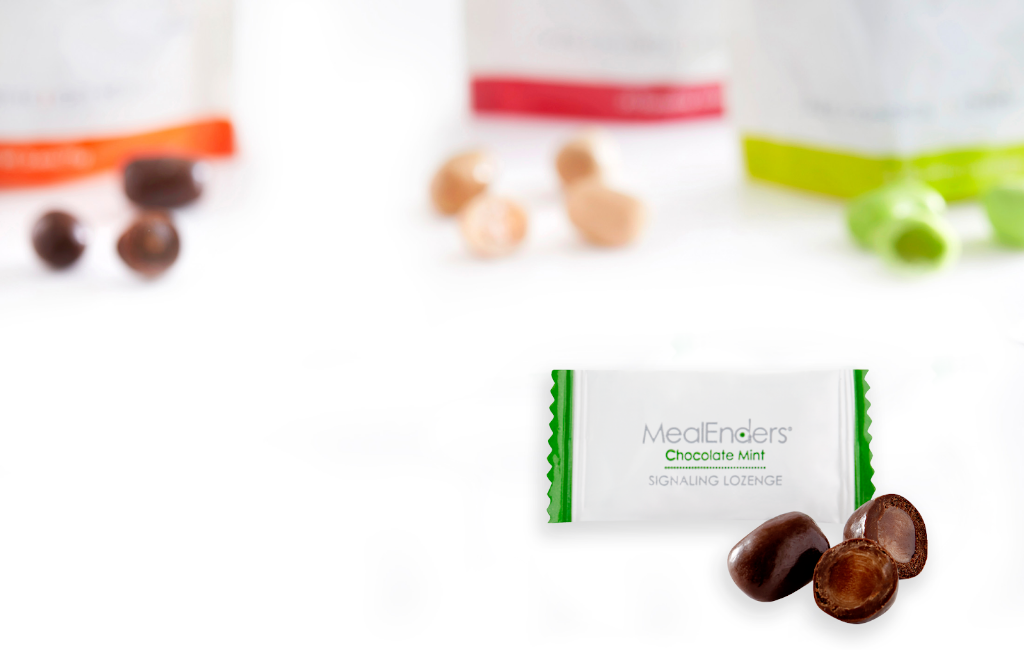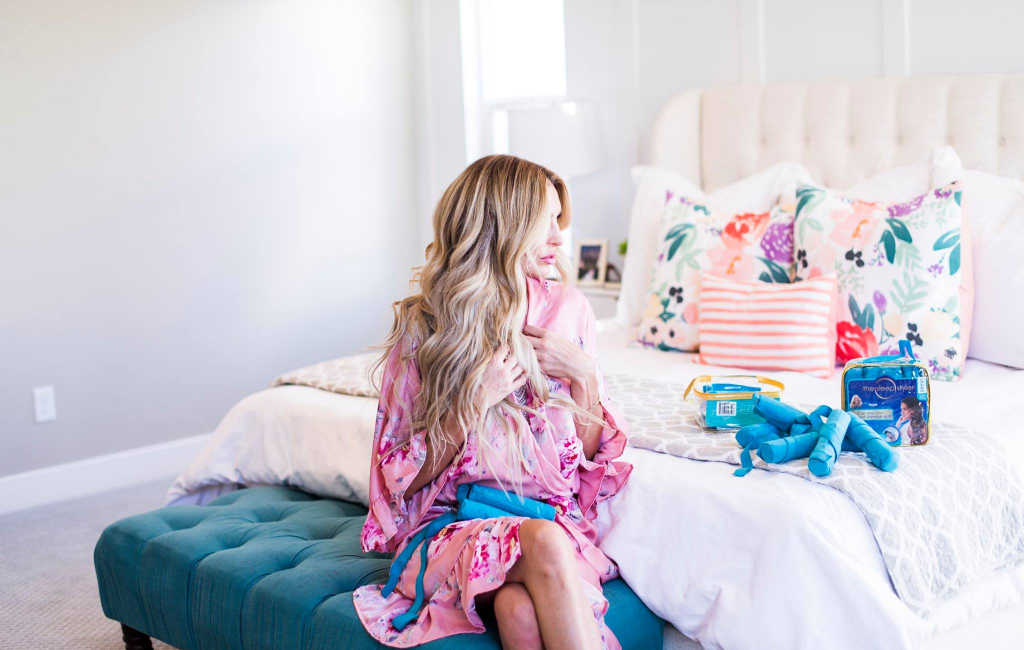Rareform Bags Made From Billboards
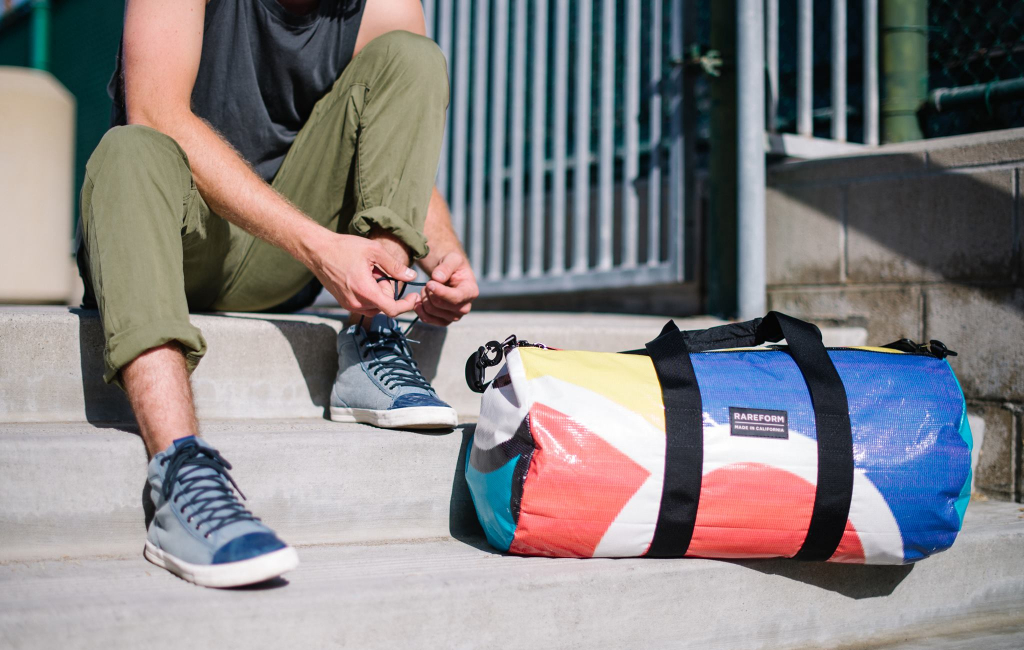

DEAL
EPISODE SUMMARY
🕓 Air Date: March 3, 2017
Asking For:
$300,000 for 10%
Investor:
Kevin O'Leary
Deal:
$300,000 for 10%
PRODUCT SUMMARY
Rareform repurposes discarded billboard vinyl into unique bags and accessories, contributing to environmental sustainability.
WATCH HERE
IN A RUSH?
Click these to jump to the section you want to read.
Background Story
Rareform, a unique venture based in Ventura County, California, traces its roots to the dynamic duo of Alec and Aric Avedissian. The brothers embarked on their entrepreneurial journey with a shared passion for sustainability and a creative vision born out of an unexpected source. Alec, the elder brother, initially ventured into the business landscape after a life-changing experience in El Salvador. Engaged in a non-profit endeavor in a small fishing village, Alec’s perspective shifted when a friend introduced him to a tote bag crafted from discarded billboard vinyl. This ingenious use of materials, repurposing them for practical, everyday items, sparked an idea that would later evolve into Rareform.
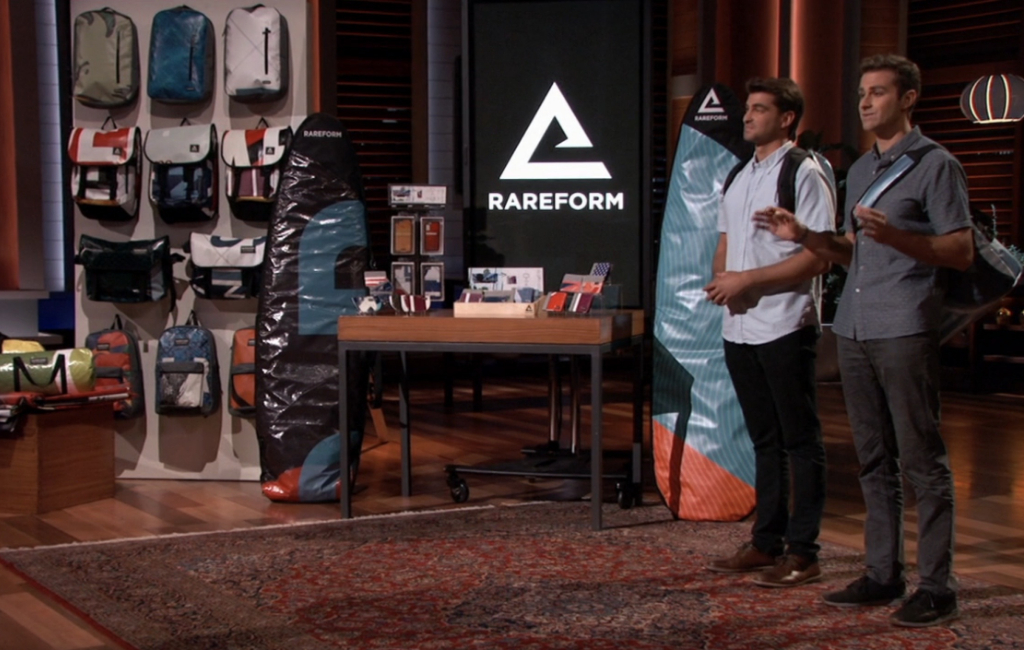
Aric, Alec’s younger brother, joined forces with him to transform this inspiration into a thriving business. The pivotal moment occurred when they decided to create a surfboard bag from billboard vinyl. Facing initial challenges in finding a suitable seamstress, they collaborated with a local expert in car upholstery to bring their vision to life. This collaboration led to the birth of their first product, a surfboard bag. The breakthrough came when Patagonia stores embraced their innovative approach, marking the beginning of Rareform’s journey into the retail world.
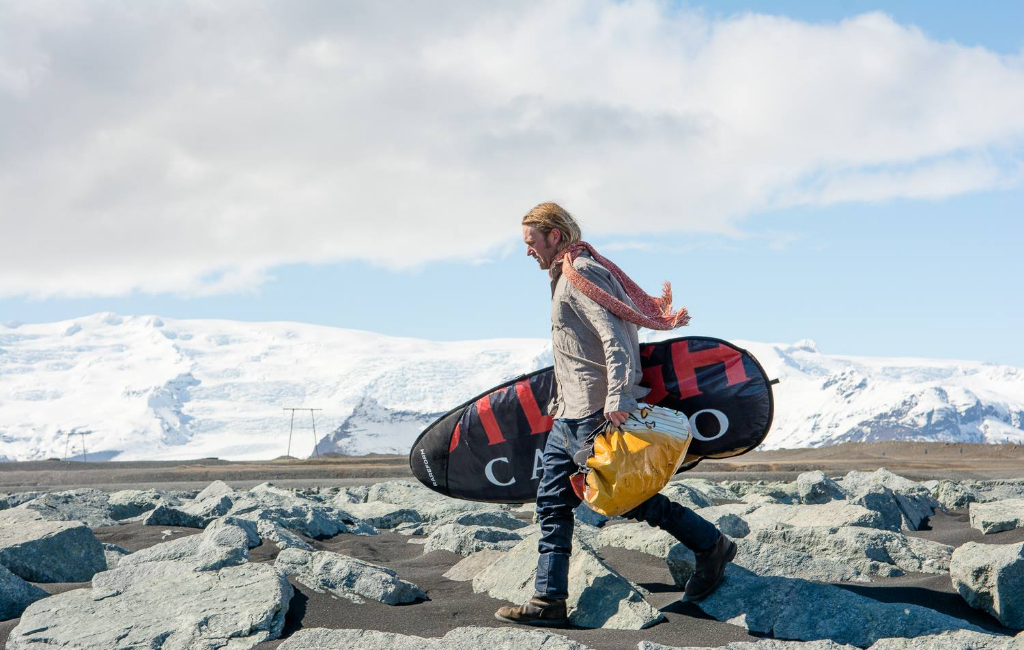
Their commitment to sustainability and environmental responsibility became the cornerstone of their brand, resonating with conscious consumers looking for unique, eco-friendly products. The Rareform story is one of transformation, from salvaging materials used as shelter in a distant village to intercepting billboards on California’s freeways. Alec and Aric’s background experiences, combined with their shared dedication to environmental sustainability, have given rise to a brand that not only offers distinctive products but also contributes to reducing environmental impact.
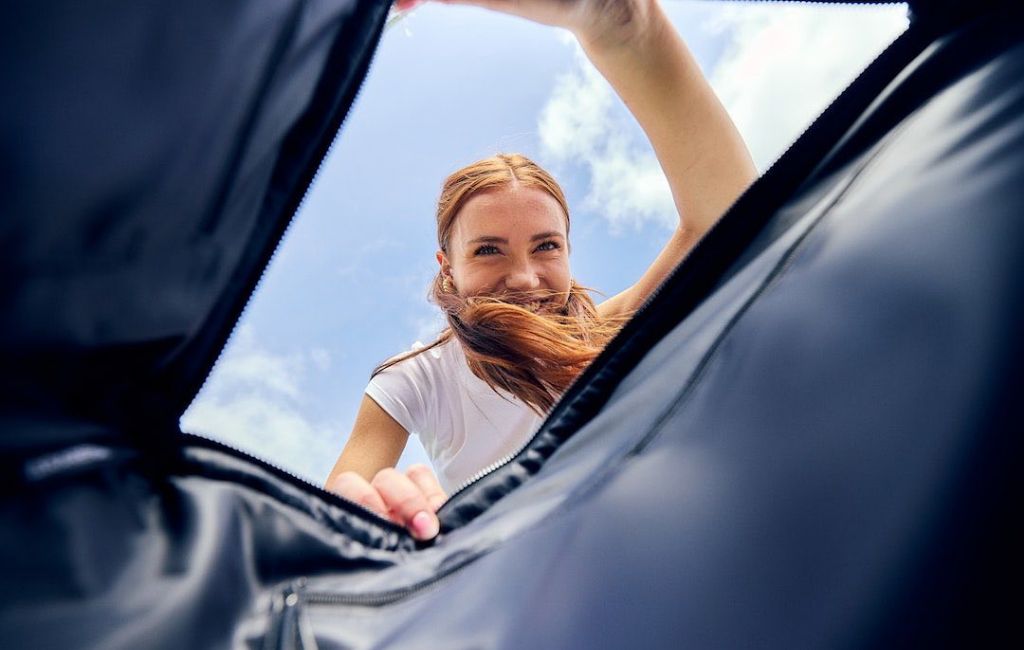
The Product
Rareform’s innovative product line revolves around transforming discarded billboard vinyl into stylish and functional bags and accessories. The process begins by intercepting billboards before they reach landfills, repurposing the heavy-duty, waterproof vinyl material into one-of-a-kind items. The product range includes wallets, bulk surfboard bags, and backpacks, each showcasing the unique and bold designs inherent to billboard advertisements.
The flagship product, the surfboard bag, stands out not only for its environmental consciousness but also for its durability and individuality. Costing $12 to produce, it wholesales for $40 and retails for $80. The wallets, a best-selling item, are manufactured for $2, with a wholesale price of $12.50. The uniqueness of each piece ensures that customers receive exclusive, eye-catching products while contributing to sustainability.
Rareform products resonate with environmentally conscious consumers who appreciate the brand’s commitment to repurposing materials that would otherwise go to waste. Purchases can be made through the company’s website, where the story behind each product is highlighted, emphasizing the environmental impact of choosing Rareform.
The pricing strategy reflects a balance between affordability and sustainability, making it accessible to a wide consumer base while encouraging eco-friendly choices. With a focus on reducing environmental impact and offering distinctive, high-quality items, Rareform’s products embody a blend of style, functionality, and conscious consumerism.
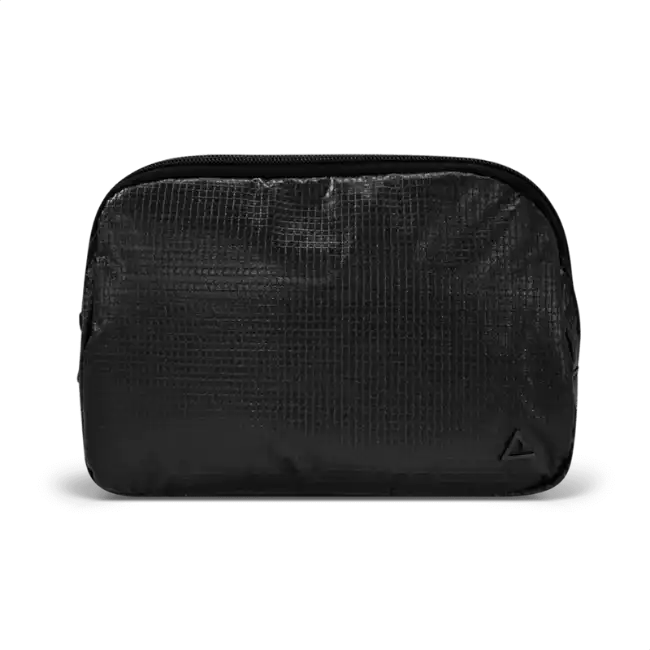
How It Went
The company’s position before Shark Tank
Rareform has demonstrated a commendable performance in its three years of existence, carving a niche in the sustainable fashion market. With $1.1 million in total sales and $700,000 generated in the last 12 months, the company has showcased steady growth. However, its journey has not been without challenges, as evidenced by a $130,000 loss in the previous year, primarily attributed to the high costs of U.S. manufacturing. The strategic move to relocate production to Mexico has been pivotal in achieving profitability, marking a turning point in the company’s financial health.
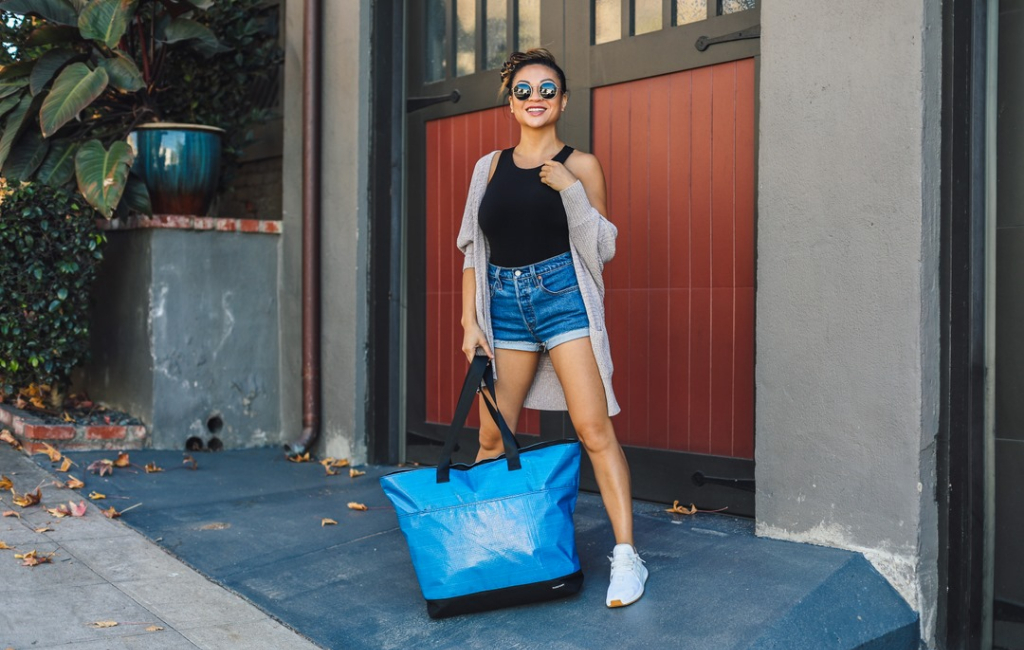
The company’s strategic partnerships are key contributors to its success. Rareform has exclusive contracts with the two largest outdoor marketing companies, ensuring a consistent and cost-free supply of billboards, the raw material for their unique products. Notably, they have secured a corporate deal with one of the world’s largest theme parks, indicating a diversification of revenue streams beyond retail. In terms of distribution, Rareform has established itself in Quicksilver stores with successful product displays, catering to a diverse customer base that appreciates eco-conscious and distinctive items.
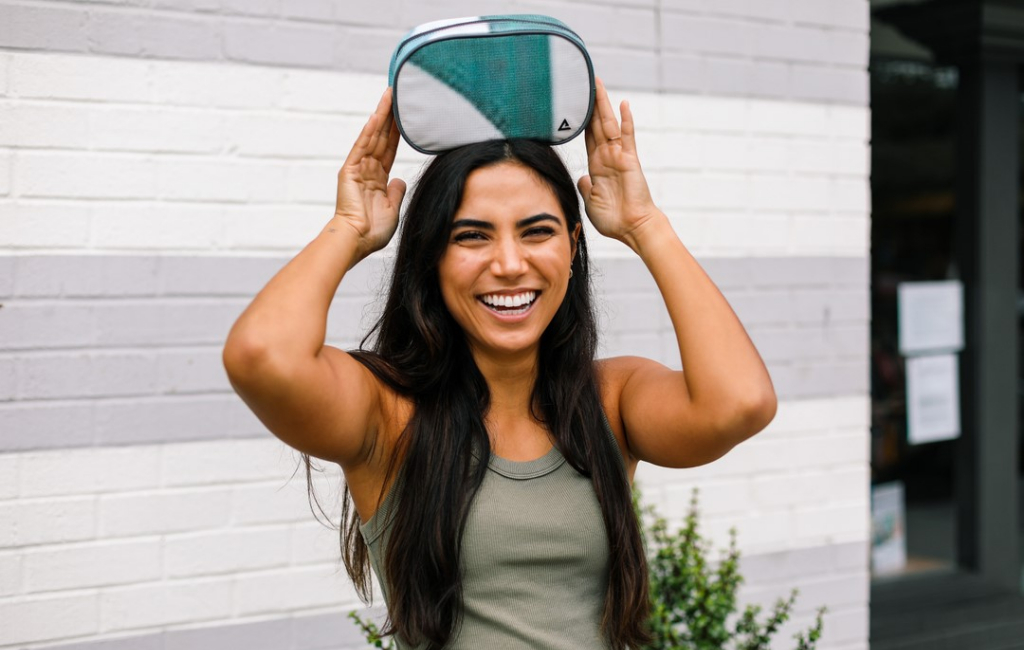
Additionally, their products are available through their website, where the brand story is highlighted, creating a connection with environmentally conscious consumers. Funding-wise, Rareform’s initial capital came from the founders themselves, with Alec investing $60,000 and Aric contributing $20,000. Further support was gained through a $200,000 investment from family and friends, entailing a 30% equity stake. Recently, the company raised an additional $150,000 at a $2.5 million valuation, showcasing investor confidence in its potential. The company’s financial structure reflects an evolution, with the founders currently holding around 40% ownership.
The Negotiations:
The negotiation process in the “Shark Tank” episode for Rareform was a rollercoaster ride, marked by insightful offers and concerns from the Sharks. Alec and Aric Avedissian, seeking $300,000 for a 10% stake in their eco-friendly venture, presented a compelling pitch for transforming discarded billboard vinyl into stylish bags. Kevin O’Leary emerged as the sole Shark to extend an offer, proposing a deal of $300,000 as debt with an 8% interest rate over 36 months and a 10% equity stake. The offer was a hybrid of debt and equity, reflecting Kevin’s desire for a return on his investment while also securing a share in the company.
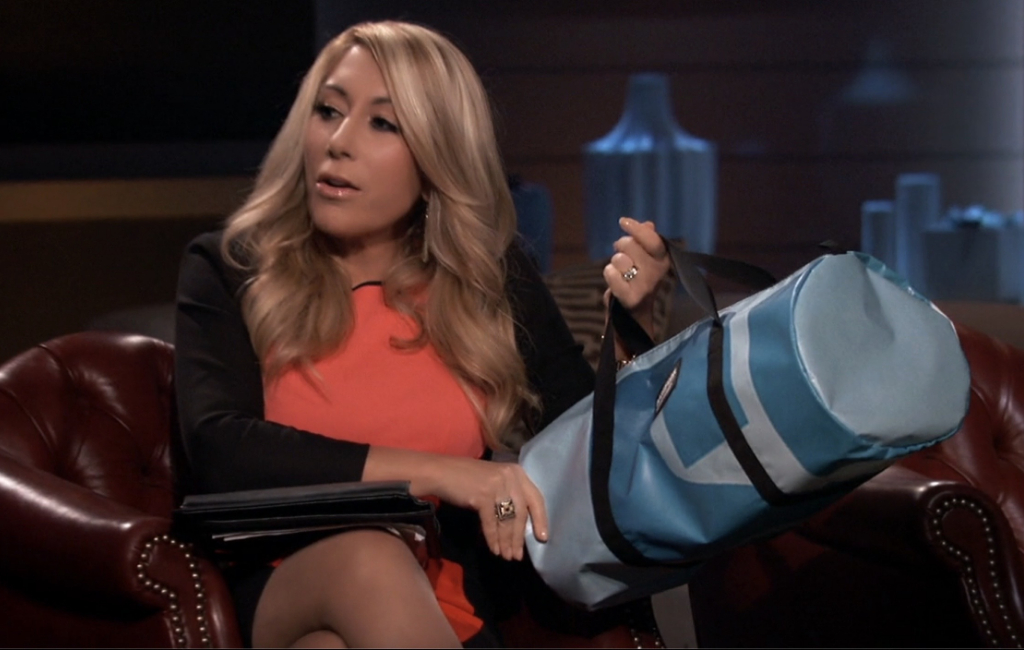
The founders, considering an equity deal, attempted to negotiate the interest rate down to 5%, but Kevin stood firm on his terms. The negotiation took an unexpected turn when Barbara Corcoran challenged Kevin, expressing skepticism about the 8% interest rate and demanding proof of a better deal elsewhere. The founders responded by stating they had a factor at 6%, showcasing an alternative financial arrangement. However, Barbara remained unconvinced and encouraged them to show the terms. Ultimately, the Avedissian brothers accepted Kevin’s offer, acknowledging the value of his guidance and expertise.
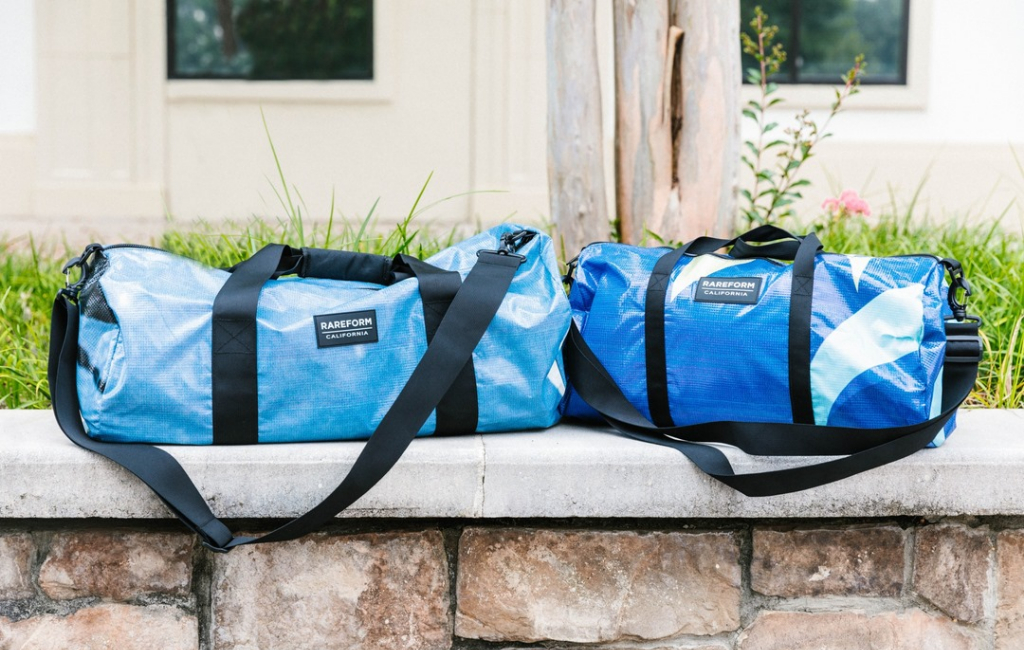
Despite concerns about equity dilution, they recognized the potential impact of having Mr. Wonderful on board. Kevin’s deal involved a $300,000 investment as debt, an 8% interest rate over 36 months, and a 10% equity stake, aligning with the terms initially presented by the founders. The negotiation concluded with a mix of excitement and caution, as Rareform embraced the financial support and mentorship offered by Kevin O’Leary in their quest to elevate their sustainable fashion brand.






